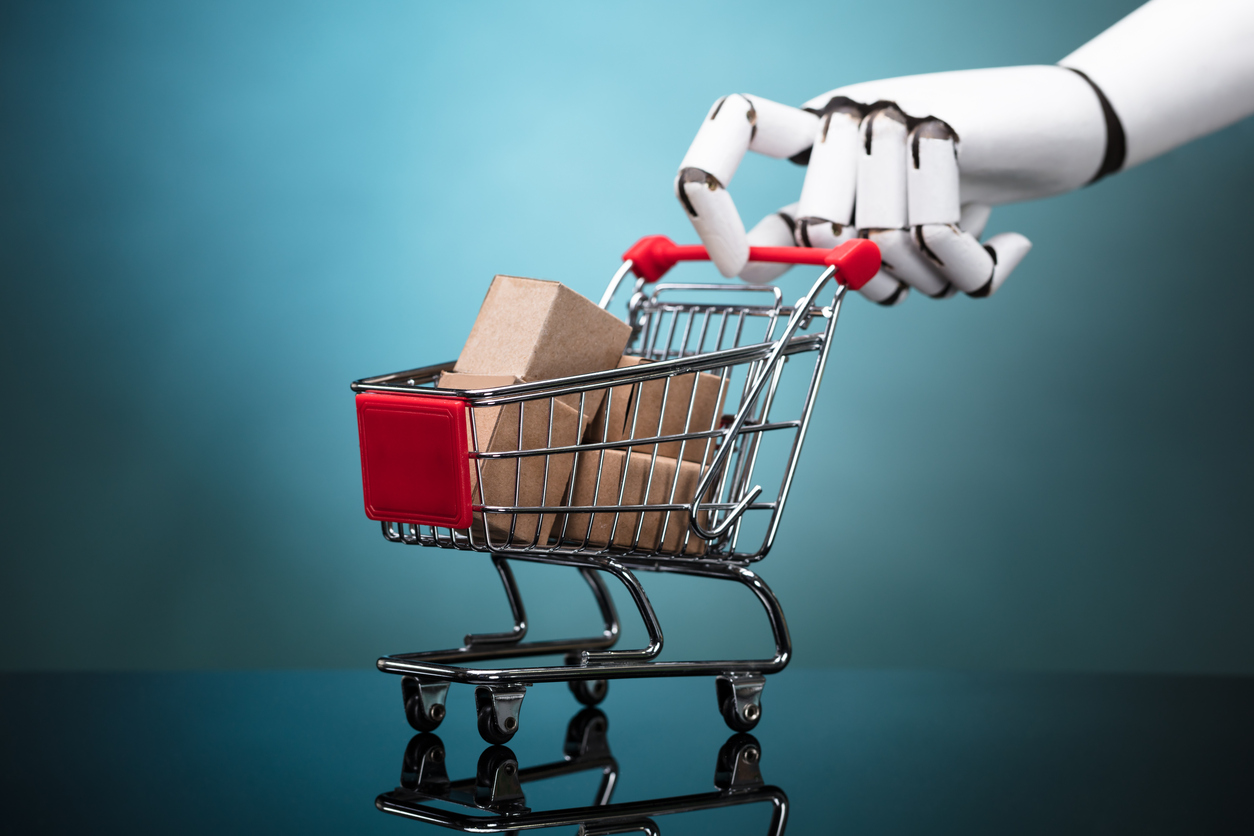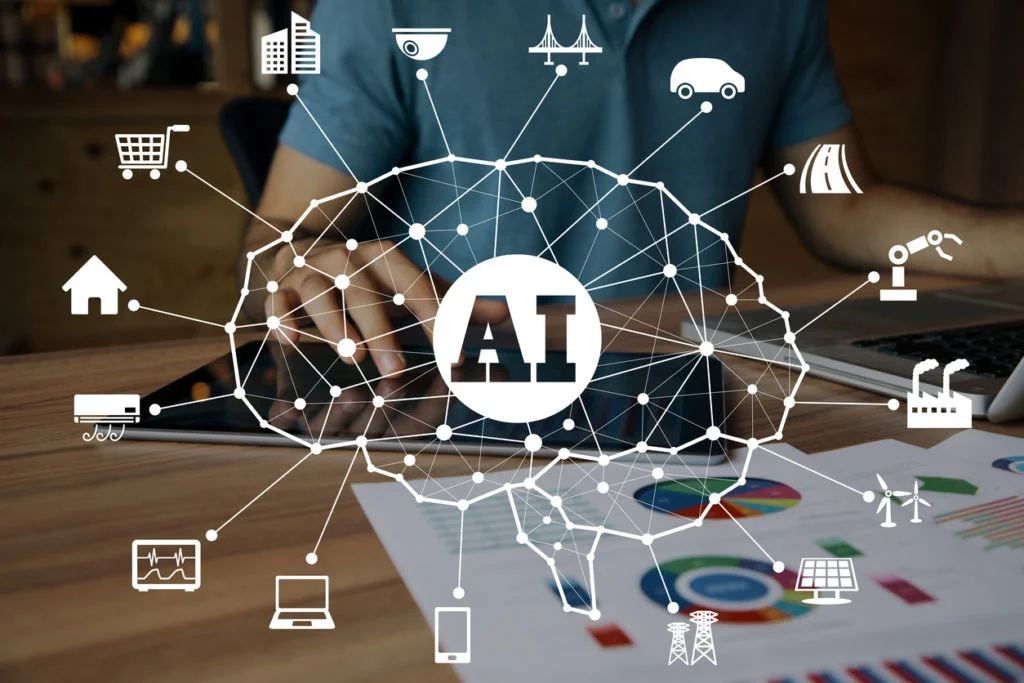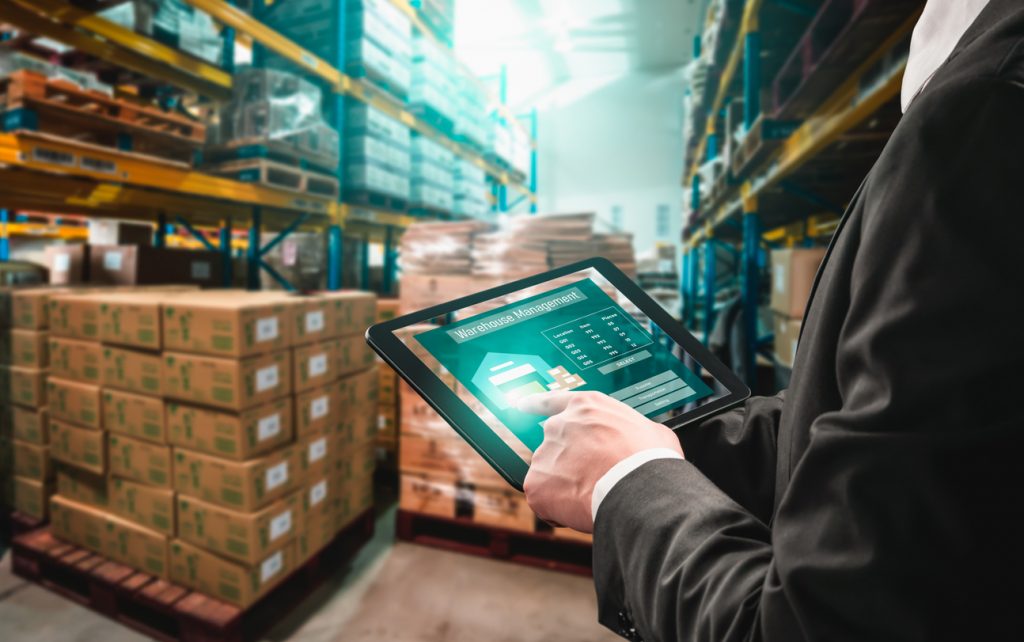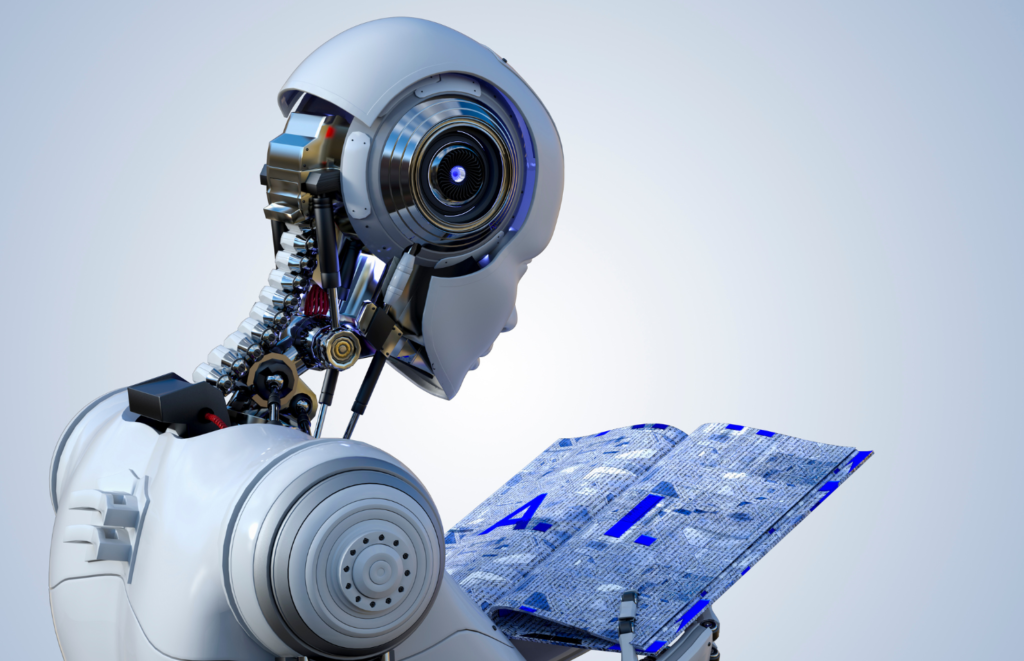In the past five years, the AI revolution has gathered pace, with artificial intelligent systems evolving and improving rapidly. Smartphones, cars, laptops and more—AI is already part of our lives and it is everywhere. AI is not just affecting consumers, but it has also started to enter the consciousness of businesses in every industry. It is becoming part of mainstream conversation, and businesses everywhere are considering relying on AI to solve their problems.
The industry that has been affected the most by this AI revolution is ecommerce. Artificial intelligence and machine-learning tools are making the highly-competitive ecommerce industry a more level playing field for the smaller players in the market.
Additionally, digital marketing experts believe that fully automated AI systems will take over traditional marketing and UX optimization in the coming years.
AI is growing fast and businesses that embrace it wholeheartedly have a real opportunity to move ahead of their competition and stay there till their competitors catch up. According to a PricewaterhouseCoppers (PWC) report, AI could potentially contribute $15.7 trillion to the global economy by the 2030.
It’s quite evident from this report only that more and more businesses will use AI in the coming years to solve all manner of problems and put themselves in front of the customer. Those that don’t do so risk being left far behind.
What the AI Revolution Means for The Ecommerce Business and Consumer?
The AI revolution is here, and it is changing the experience of how things are bought and sold online. Whether they are aware of this fact or not, each stakeholder in the ecommerce cycle—from the technology provider to the retailer and the consumer—is being affected by the AI revolution.
Therefore, the key to unlocking ecommerce strategies of the future may be in knowing how the AI revolution is taking effect.
According to Research and Markets—a market research store, AI in retail will be worth $27 billion by 2025. This is twenty-six billion dollars more than the numbers in 2016. So, what does this increased investment and interest in AI mean? It means that businesses have newer opportunities to grab. These opportunities range from affordable technology implementations to expensive overhauling of business models.
Just like with any other emerging technology, retail businesses that are the quickest to adopt the new AI technologies are the ones that stand to benefit the most from them. However, to benefit from AI adoption, you must first understand the forces driving the technology and the investment areas that promise the most returns.
The Platforms Speeding Up the AI Revolution
Do you know why the AI revolution has gathered pace in the past few years? Because it has the backing of some of the world’s biggest tech companies—Microsoft, Amazon and IBM, being the most prominent ones.
- Azure— Microsoft’s AI platform provides a comprehensive suite of AI tools to brands and retailers.
- Amazon— The AI for businesses offered by Amazon is an extension of the company’s successful Amazon Web Services (AWS), which on its own is a $10 billion business.
- Watson—the AI platform for professionals, has specialized AI toolkits for industries like finance and healthcare and soon we could have the same for the retail and ecommerce industry.
- Alibaba—the Chinese ecommerce giant, uses AI behind the scenes to process 175,000 transactions per second from 550 million users around the world.
So, which of these tech companies are leading the way in retail AI? The one that is using AI to redesign the path to purchase, namely Amazon. However, Amazon is not the only one doing this. Google is doing it too.
Smart Assistants in Retail—Google has partnered with Walmart to allow shoppers to use any Google Assistant-enabled device to make purchases from the retail giant. Similarly, shoppers can use Amazon’s smart assistant Echo to conveniently buy products on Amazon.
This is making the online shopping experience more comfortable for consumers and as a result, brick-and-mortar retailers like Walmart are seeing sense in using AI to seamlessly integrate their online and in-store experiences.
Current AI application in Retail
Walmart is not the only retailer to benefit from AI in retail either. Under Armour and Starbucks are also finding AI useful as a technology that adds value.
- Under Armour—Under Armour has partnered with IBM’s Watson to create an app that tracks health. Called UA Record, the health tracking app not only monitors a person’s health, but also generates personalized training recommendations.
- Starbucks—Perhaps one of the most recognizable brands in the world, Starbucks recently introduced ‘My Starbucks Barista’—a feature that allows users to create and submit orders using just their voice.
Let there be no doubt that the AI revolution is already here; the only thing that remains to be answered is how the technology will be adopted—in retail and elsewhere.
Can We Expect Mass Adoption of AI in Retail?
There is a big possibility of this happening.If the retail AI innovation continues, you should expect a dramatic improvement in the customer experience of online shoppers. This would increase the demand for an AI-enabled customer experience. As the consumer demand for AI tools increases, expect more and more ecommerce retailers to adopt AI in their business, leading to mass adoption of AI in retail.
Also, since retailers will be looking to gain a competitive advantage, expect the AI adoption in retail to take place quickly and aggressively.
The most important thing to remember is that it will be the consumers and not the retailers that will drive the AI revolution in retail and ecommerce. Only if the consumer is eager to adopt and interact with AI, there will be mass adoption of the technology by retailers in the ecommerce industry. So, you’d do well to keep an eye on consumer trends before transitioning to an AI-driven ecommerce business.
Have questions about the AI revolution in ecommerce? Then leave us a message today and we will make sure that we get back to you with an answer quickly.









